Cars are by far the most complicated mechanical good consumers can buy, each consisting of around 12,000 components. Sometimes one or more of those parts goes wrong, either because they’ve been designed incorrectly or the materials used in them aren’t up to the job. Often this will result in the car being recalled for corrective work by the manufacturer; there were 480 notices served in 2013 on all vehicles from motorbikes to lorries. Here’s what you need to know. Continue reading
Buying and selling
How young drivers can cut motoring costs

Not every young driver can afford a new car… But whatever they choose, the smaller and safer the better (Picture © Peugeot)
Being a young driver is a tricky business. Not only do they have the astronomical cost of fuel to contend with but they also get stung on the price of car insurance. And then of course there’s the purchase price of the car to consider as well. But there are some steps youngsters can take to cut the cost of driving.
How to check your car’s safety
When the worst happens, how much protection will the car you’re in give you and your family? It’s a question every parent will have asked at one time or another and you don’t have to take the car makers’ word on how safe their cars are. Continue reading
Used car essential checks: eight to do when buying a motor

(Picture © PistonHeads)
Buying a used car involves a degree of luck. But to adapt a quote from famous film producer Samuel Goldwyn: “The harder you work, the luckier you’ll get.” The mantra is one which used car buyers should follow, as the more background checks and research that are carried out, the less chance there is of buying a dodgy motor or being the victim of fraud. These eight checks will help steer drivers towards the used cars that are least likely to let them down. Continue reading
Should I keep my diesel car or buy a petrol car instead?
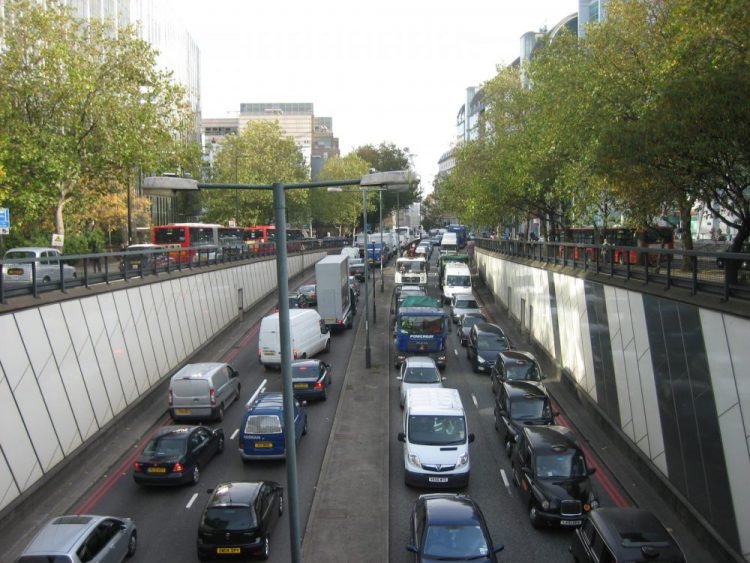
(Picture © TomTom)
British drivers have had a warning shot fired across the bonnet of their diesel-powered cars: Boris Johnson, the Mayor of London, intends to hit diesel cars with an additional £10 tax to enter a newly created Ultra Low Emission Zone in London. Continue reading
How to write a car advert to sell a used motor
Drivers who want to sell their car privately and successfully need to know how to write a clear and concise advert for potential buyers. The wording of a classified advert is likely to dictate how successful they are at attracting people’s attention. Prospective car buyers don’t want to read a literary masterpiece: they’re looking for something that describes a car to suit their requirements. The more relevant an ad is – to both the type of car and typical owner – the more likely it is that someone will take an interest and enquire.
As well as showing off the car you’re selling, you’re also showing off yourself as a responsible owner who’s (hopefully) cared for that car. The more honest and straightforward you can be, the more likely people will consider what you’re offering to be a good buy. And the more potential buyers you have, the more likely you are to sell the car and maximise its value.
Honesty is the best policy
How to sell cars for the best possible return
 There are approximately two million new car and seven million used car sales every year in the UK. For most of those drivers, the greatest dilemma is how to is sell their old car to help fund buying the new model.
There are approximately two million new car and seven million used car sales every year in the UK. For most of those drivers, the greatest dilemma is how to is sell their old car to help fund buying the new model.
Our guide to selling a car examines the best options for shifting your current car so you can replace it with something newer and shinier.
Car buying websites
A complete guide to car finance jargon
Owning a new or used car is more attainable than ever thanks to the increasing acceptance of finance agreements. However, using credit to buy or own a car means consumers are exposed to a world of jargon and acronyms, which can be daunting at best and confusing and misleading at worst. We’ve already outlined the most common ways of using finance to pay for a car. This guide explains the most common terms and abbreviations so that car buyers can easily figure out the difference between their GAP and GMFV along with other common finance jargon. Continue reading
How to tell if you’re looking at a flood damaged car
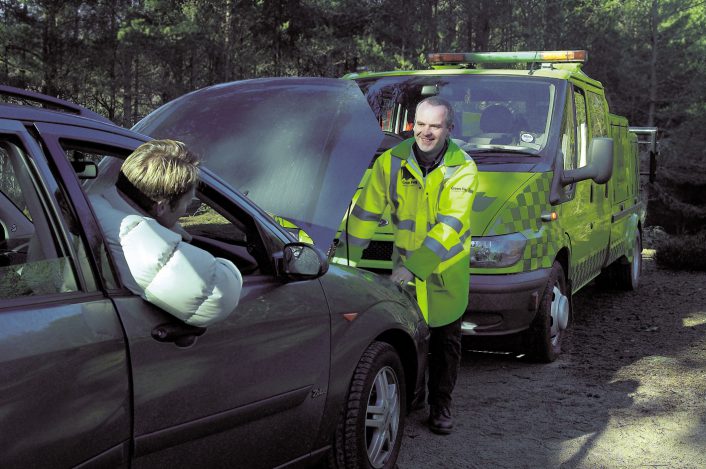
A car doesn’t have to have been completely submerged or washed away by a river to be so seriously damaged it’s beyond repair. Fortunately there are ways to tell whether a car has been damaged by flood water. And with flooding frequently affecting many parts of the country, hundreds of cars can suffer water logging.
As many as 70 per cent of flooded cars are written off by insurers. Rather than being left out of pocket (as the pay-out is typically less than a like-for-like replacement would cost), car industry experts believe many owners will try to shift their cars onto unsuspecting buyers.
Alan Cureton, Manheim auctions’ dealer sales director said: “We already know that some less-damaged vehicles are being offered for sale. Car buyers should be extra cautious about water damage over the coming months.”
To the unwary, it’s relatively easy to buy a car that’s been flooded and be none the wiser until things start to go wrong. If water gets into an engine it can result in catastrophic failure later in the car’s life, while electrical systems can take time to play up before failing completely. Follow our pointers on how not to make the mistake of buying a flood-damaged car.
Are the windows misted up?
Which of the different car finance options to choose
 Today, around three quarters of new cars in the UK are bought through finance deals. This increasing trend towards buying on credit has been driven largely by car makers increasingly promoting finance packages. At the same time, people are more accepting of buying expensive items using finance and the unstable economy has put an emphasis on monthly budgeting.
Today, around three quarters of new cars in the UK are bought through finance deals. This increasing trend towards buying on credit has been driven largely by car makers increasingly promoting finance packages. At the same time, people are more accepting of buying expensive items using finance and the unstable economy has put an emphasis on monthly budgeting.
The finance package you choose to buy a car depends upon personal circumstances; there is no right or wrong way. But it pays to remember that there is still no substitute for shopping around and comparing different offers.
For finance, the aim is to get the lowest APR (annual percentage rate) and lowest total cost of the package over the agreed term. To help explain the differences between the most common finance products, here’s a guide to what is available in the showroom and on the high street.
How to test drive a used car
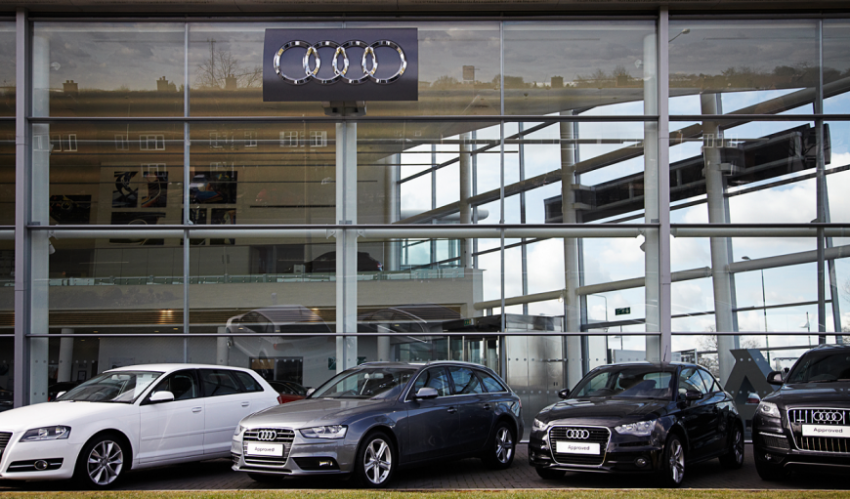 With millions of used cars sold every year, there can be good and bad examples of the same model for the same price. Deciding on the right used car for you and making sure you buy a tidy version of that particular make and model comes down to taking a test drive. Following these steps should help you get the best car for your budget. Continue reading
With millions of used cars sold every year, there can be good and bad examples of the same model for the same price. Deciding on the right used car for you and making sure you buy a tidy version of that particular make and model comes down to taking a test drive. Following these steps should help you get the best car for your budget. Continue reading
Used car scams to watch out for
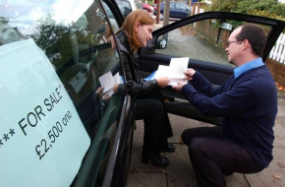 More than seven million used cars are sold in the UK every year. That’s more than three times the number of new cars. Unfortunately, there are plenty of disreputable sellers around. And they’ll try every trick in the book to convince unwitting car buyers to hand over their hard-earned money for a dodgy motor. Here are some of the more popular used car scams that buyers from private sellers should look out for.
More than seven million used cars are sold in the UK every year. That’s more than three times the number of new cars. Unfortunately, there are plenty of disreputable sellers around. And they’ll try every trick in the book to convince unwitting car buyers to hand over their hard-earned money for a dodgy motor. Here are some of the more popular used car scams that buyers from private sellers should look out for.

 ©
© 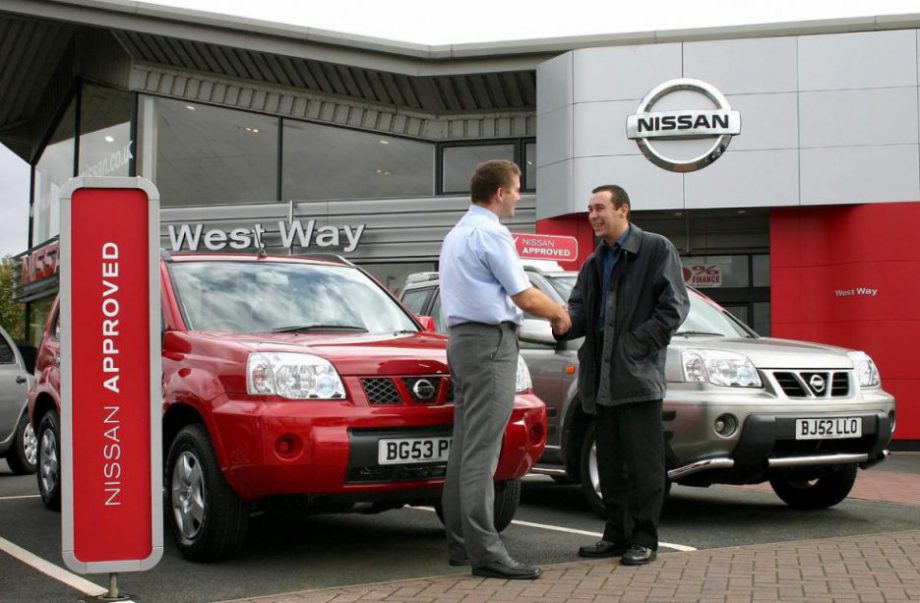 ©
©